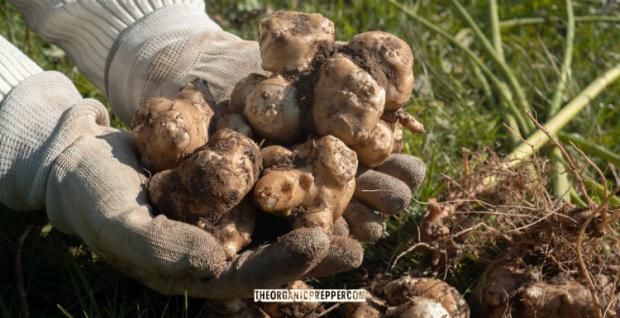
Breaking News
 Israeli Prime Minister, Netanyahu will meet with Trump on Wednesday and deliver instructions...
Israeli Prime Minister, Netanyahu will meet with Trump on Wednesday and deliver instructions...
 Elon Musk Offers To Cover Legal Bills Of Epstein Survivors Who Identify New Names
Elon Musk Offers To Cover Legal Bills Of Epstein Survivors Who Identify New Names
 Red Alert Emergency Broadcast! Tune In NOW As Alex Jones Analyzes The Insane Revelations...
Red Alert Emergency Broadcast! Tune In NOW As Alex Jones Analyzes The Insane Revelations...
 330 gallons of sulphuric acid was purchased for Epstein Island on the day the FBI opened...
330 gallons of sulphuric acid was purchased for Epstein Island on the day the FBI opened...
Top Tech News
 Drone-launching underwater drone hitches a ride on ship and sub hulls
Drone-launching underwater drone hitches a ride on ship and sub hulls
 Humanoid Robots Get "Brains" As Dual-Use Fears Mount
Humanoid Robots Get "Brains" As Dual-Use Fears Mount
 SpaceX Authorized to Increase High Speed Internet Download Speeds 5X Through 2026
SpaceX Authorized to Increase High Speed Internet Download Speeds 5X Through 2026
 Space AI is the Key to the Technological Singularity
Space AI is the Key to the Technological Singularity
 Velocitor X-1 eVTOL could be beating the traffic in just a year
Velocitor X-1 eVTOL could be beating the traffic in just a year
 Starlink smasher? China claims world's best high-powered microwave weapon
Starlink smasher? China claims world's best high-powered microwave weapon
 Wood scraps turn 'useless' desert sand into concrete
Wood scraps turn 'useless' desert sand into concrete
 Let's Do a Detailed Review of Zorin -- Is This Good for Ex-Windows Users?
Let's Do a Detailed Review of Zorin -- Is This Good for Ex-Windows Users?
 The World's First Sodium-Ion Battery EV Is A Winter Range Monster
The World's First Sodium-Ion Battery EV Is A Winter Range Monster
 China's CATL 5C Battery Breakthrough will Make Most Combustion Engine Vehicles OBSOLETE
China's CATL 5C Battery Breakthrough will Make Most Combustion Engine Vehicles OBSOLETE
Why Preppers Should Consider Growing Jerusalem Artichoke

I'm really trying to boost my food production at my place this year, and it's gotten me thinking about what plants I want to add to my place to do so. For years now, I've wanted to experiment with Jerusalem artichoke. I find it in the mountains when I go hiking (it's pretty easy to identify), I see it in the garden catalogs, but it's yet to find its way over to my place.
This year, I'm hoping to change that.
Here are some of the reasons you may want to add Jerusalem artichoke to your place as well.
Jerusalem artichoke is a perennial.
This is one of the things that Rick Austin and Gaia's Garden really harp on consistently – the importance of planting perennials if you want to have any semblance of permaculture. You can plant this stuff one time, and provided you don't over-harvest, you'll have a steady crop of it for years to come.
J-choke multiplies like a weed.
Though it's a native American plant, you would think this stuff came from overseas – the stuff spreads like wildfire. It's fun to see patches of it spread out in the mountains over the years. The same can happen in your garden. Plant J-choke in one location, and it won't be long till it gradually spreads, much like asparagus. To my mind, that's a big win here.



